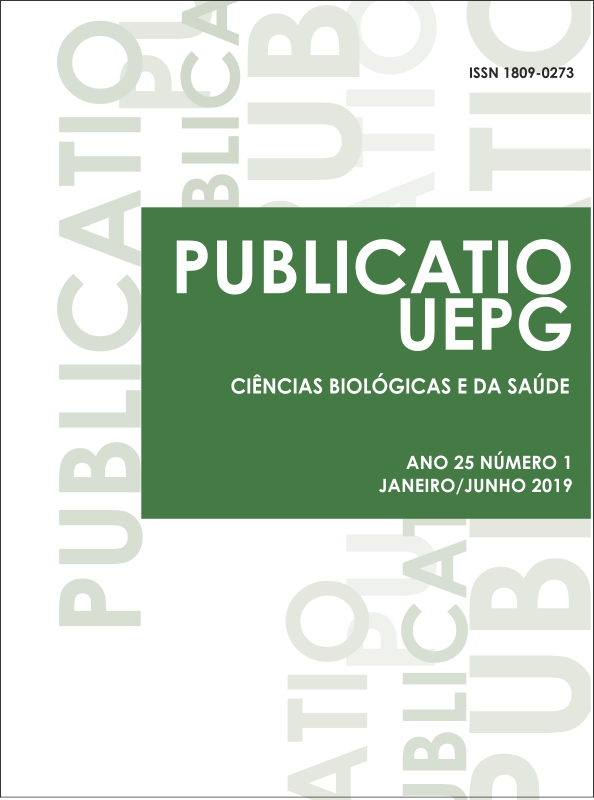PERFIL DAS VÍTIMAS INTOXICADAS POR AGROTÓXICOS NO ESTADO DO RIO GRANDE DO SUL ENTRE O PERÍODO DE 2007 A 2017
Resumo
A contaminação por agrotóxicos tem despertado atenção crescente, tendo em vista suas consequências para a saúde humana e do meio ambiente. Diante dos problemas associados ao manejo desses produtos, o presente trabalho objetivou delinear o perfil dos casos e vítimas de intoxicados por agrotóxicos, notificados junto ao SINAN, no período de 2007 a 2017, para o estado do Rio Grande do Sul – Brasil. Realizou-se um levantamento epidemiológico retrospectivo, quantitativo, descritivo, transversal e documental das ocorrências. Foram registrados 1678 casos, notificados mais abundantemente nos anos de 2017, 2016, 2015 e 2014 e nos meses de novembro, janeiro, dezembro e fevereiro. As vítimas mais comumente afetadas residiam em zona rural, com faixa etária entre 20-39 anos, escolaridade completa entre a faixa de 5ª- 8ª série seguido de 1ª-4ª série completa, raça branca e sexo masculino. A maioria dos casos tiveram circunstâncias acidentais, seguido de uso habitual e tentativa de suicídio. A exposição ocorreu mais predominantemente em ambiente de trabalho e de forma aguda-única. Os casos tiveram a classificação final descrita mais recorrentemente como intoxicação. O critério de confirmação mais ocorrente foi o clínico, seguido de clínico epidemiológico. A maioria das vítimas acometidas evoluiu para cura sem sequelas, entretanto foram observados 41 óbitos por intoxicação. Os municípios de maior incidência foram: Bento Gonçalves, Cachoeira do Sul, Progresso, Venâncio Aires e Santa Maria. A utilização de agrotóxico é um problema sócio ambiental historicamente condicionado pelo modelo de desenvolvimento do país, sendo essencial que medidas preventivas sejam adotadas, afim de reduzir os riscos associados a esse uso e com repercussões para a saúde.
Palavras-chave: intoxicação; vigilância epidemiológica; agricultura; agrotóxicos.
Downloads
Downloads
Publicado
Edição
Seção
Licença

Este obra está licenciado com uma Licença Creative Commons Atribuição 4.0 Internacional.
Esta licença permite que outros distribuam, remixem, adaptem e criem a partir do seu trabalho, mesmo para fins comerciais, desde que lhe atribuam o devido crédito pela criação original. Este posicionamento está de acordo com as recomendações de acesso aberto da Budapest Open Access Initiative (BOAI).


